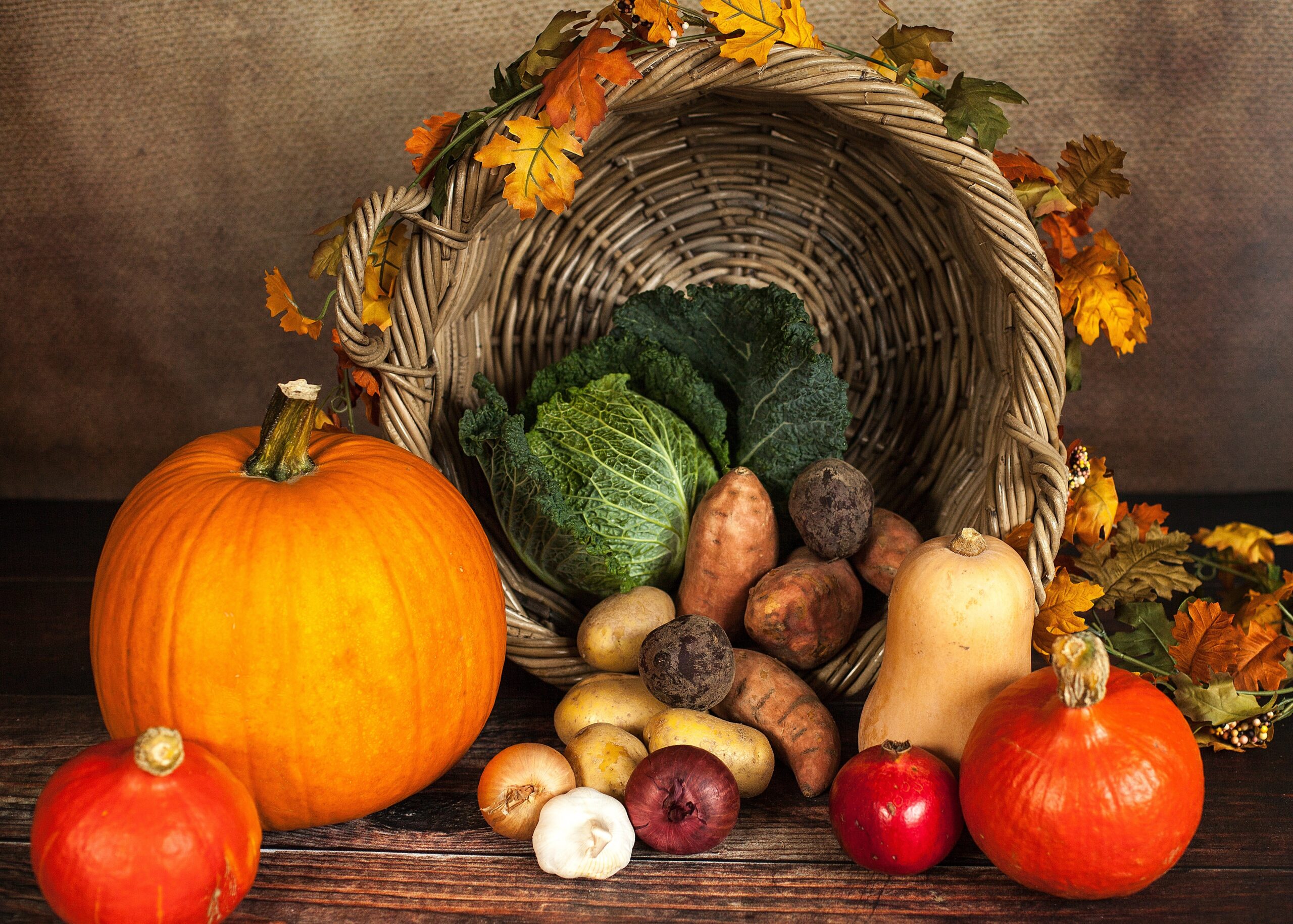Organic food: what are we talking about?
Eating organic is good for your health, you are convinced of that! But what do the scientists think? What are the real benefits of organic food?
The objective of organic farming is to produce food while preserving environmental resources, biodiversity and animal health . To do this, it excludes the use of synthetic chemicals, GMOs and limits the use of inputs. Before the development of synthetic fertilizers and intensive agriculture, all agricultural production worldwide was de facto organic!
For Professor Johannes Kahl, one of the experts brought together by the European Parliament, eating organic means above all being part of a “sustainable diet”. This notion of sustainability in food and agriculture was promulgated by the Food and Agriculture Organization of the United Nations (FAO) in Rome in 2014 .
To obtain this “high quality” food, farmers and breeders in the European Union (EU) are subject to strict standards , framed by regulations (834/2007 and 889/2008) .
If 95% of the finished product meets these standards, the organic food can bear the green EU organic farming logo .
A response to consumer concerns
More and more of us are turning to organic, despite its higher cost. This interest grows a little more with each food scandal , each time our health is put on the spot or that uncertainties as to the future of the planet assail us .
Could organic be our food “safe haven”? Studies show that consumers associate the organic label with positive health effects . Organic fruits and vegetables are also attributed a better flavor, a “purity” (entirely or practically without additives) and a particular cleanliness (absence of pesticides and other pollutants) .
So, organic farming has the wind in its sails. It is currently one of the fastest growing agricultural sectors. Between the years 2005 and 2011, the total area of land used for organic farming increased from 3.6% to 5.5% of the total agricultural area of the 27 EU Member States. Globally, only 1% of land is cultivated organically.
- bridge
- Allergies (overview)
- Achluophobia : all about the fear of the dark
- At what age can you do bodybuilding?
- Fatigue in the morning: causes and remedies
Eating organic: to avoid pesticides
How would organic be better for our health? Less dangerous ? Two particular aspects of the conventional diet could affect human health: bacterial resistance to antibiotics and exposure to pesticides.
Organic meats less exposed to multi-resistant bacteria
The resistance of bacteria to antibiotics is a serious public health problem . It is an excess of use of these drugs in breeding and in human treatments that induces it. Attacked from all sides, the bacteria resist and become, by dint of mutations, totally insensitive to the action of the antibiotic. Even the action of several antibiotics. We are talking about multi-resistant bacteria.
Pr Axel Mie, from the Swedish University of Agricultural Sciences, recalls that the WHO (World Health Organization) recommends that antibiotics be reserved for the treatment of infections . The reality of conventional farms is quite different; the prophylactic (ie disease prevention) use of these drugs is widespread in Europe.
Organic farming ensures (relatively) the well-being of animals , which evolve in more suitable spaces. Less under stress, they develop fewer illnesses and are treated less. Meat certified as “organic” is also subject to strict controls .
Fruits and vegetables contain less pesticides and nitrates
We generally think that organic is guaranteed free of pesticides . What is it really ? While it is true that organic farming does not allow the use of synthetic pesticides, it can however use a limited number of biopesticides (micro-organisms or natural products such as copper, sulphur, etc.). ) to control harmful organisms . Moreover, we can suspect the pesticides used by conventional farmers to pollute nearby organic crops (environmental pollution)…
Pr Eva RembiaÅ‚kowska, from the University of Warsaw, evokes a recent analysis of 343 studies published on the subject . According to the authors of this extensive analysis, the composition of organic products shows » significant and important » differences with products from conventional agriculture. Pesticide levels would be 4 times lower in organic farming. In the same way, these foods present a reduction of the rate of cadmium of 48% (a toxic element) and of 30% of the rate of nitrates (NO 3 -).
Eating organic: for better quality food
Do foods from organic farming have a better composition than those from conventional farming?
Milk richer in essential fatty acids
In 2012, a research team gathered data from 13 studies on the composition of foods, whether organic or not1. A major compositional difference was found in the milk. On average, organic milk has a 60% higher concentration of omega-3s than conventional milk.
What impact on health can this difference have? Omega-3 fatty acids are called « essential » because the body cannot manufacture them. Provided by food, they strengthen cell membranes and ensure the proper functioning of the cardiovascular, cerebral, hormonal and inflammatory systems. Pr Axel Mie indicates that most Europeans are below the recommended daily intake of omega-3s. According to his calculations, we would gain 4% omega-3 if we only consumed organic products.
Fewer allergies in young children
Scientists from the Netherlands wanted to know if these differences in composition between organic and conventional food had an impact on the health of young children2. To do this, they followed 2,700 children, a little before their birth and up to the age of 2 years. In families that preferred organic dairy products and meats to their conventional counterparts, children were less likely to develop allergies and eczema. Researchers attribute this protective aspect to the highest concentration of essential fatty acids in organic products , omega-3 in the lead. The milk of the mothers of the “organic” group was moreover more concentrated in essential fatty acids (in particular in linoleic acid ).

